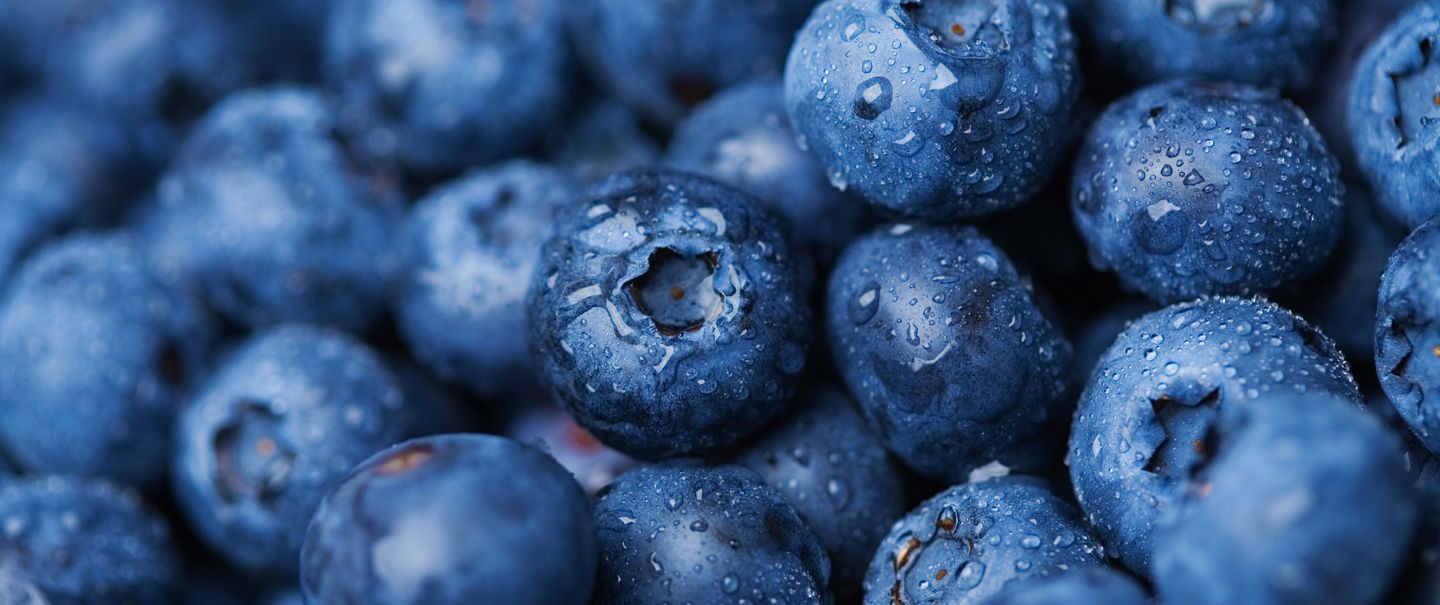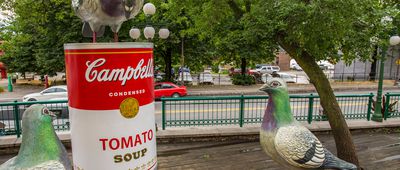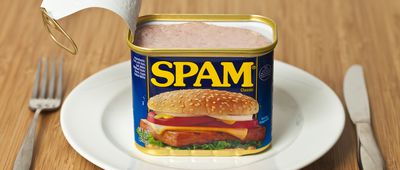Blueberries — filled with antioxidants and phytoflavinoids — are said to be good for you. But moving forward, you might want to consider the organic version. The fruit has been added to the annual Dirty Dozen list, a roundup of 12 produce items that the Environmental Working Group, a nonprofit environmental health organization, notes as having the highest pesticide levels.
@rachelsheppick Toxic pesticides should be illegal to spray on food crops #organicberries #organicfoods #pesticidesfree #pesticidessuck #fyp #healthandwellness #blueberry #foryou #arizona ♬ original sound - Rachel Sheppick
The list's two top spots are held by strawberries and spinach, followed by kale, collard greens, mustard greens, peaches, pears, nectarines, apples, grapes, bell and hot peppers, and cherries. Blueberries and green beans were 11th and 12th on the list.
If you're wondering why you may want to get organic versions of these fruits and veggies, a total of 210 pesticides were found on the Dirty Dozen. Kale, collard, and mustard greens contained the largest number of different pesticides — 103 types. Children and pregnant women may want to limit consumption or cut out non-organic versions completely, as they are more vulnerable to ill effects.
If you'd rather not buy organic — and let's be honest, the extra cost can be tough for some in the best of economic times — consider the Clean 15 instead. These foods have the lowest levels of pesticides. Making the cut there are avocados, sweet corn, pineapple, onions, papaya, frozen sweet peas, asparagus, honeydew melon, kiwi, cabbage, mushrooms, mangoes, sweet potatoes, watermelon, and carrots.
For more food news, please sign up for our free newsletters.
.








